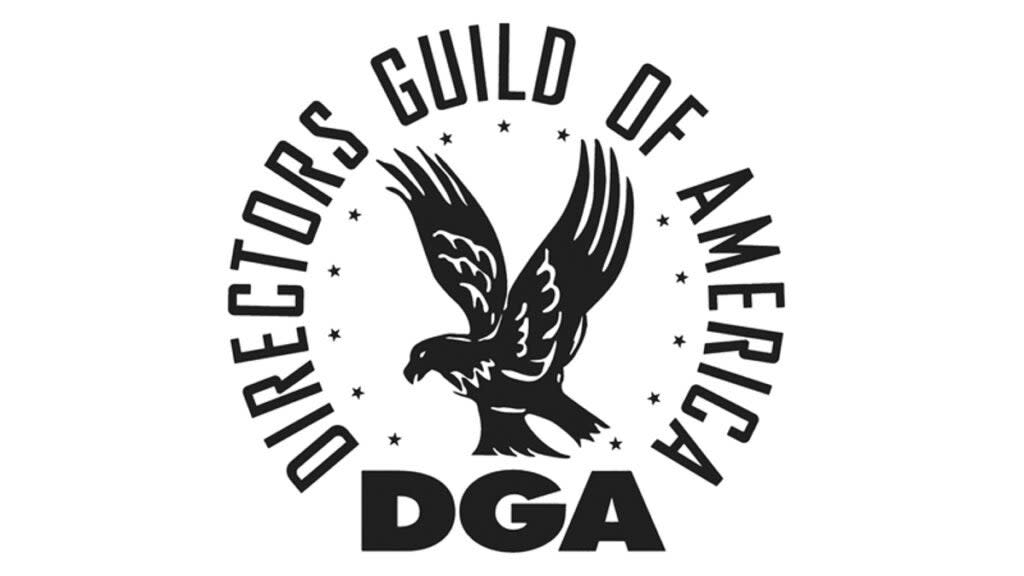DGA Members Vote to Ratify New Contract With 87% Approval

The Directors Guild of America announced on Friday evening that its members have voted to approve its bargaining agreement with Hollywood studios.
Out of 6,728 votes received, 5,853 votes were in favor of ratification for a vote share of 87%. In a sign that more Hollywood creatives are getting involved with their unions, 41% of the 16,321 eligible DGA members voted, the highest turnout percentage ever for a DGA contract ratification vote and with an overall vote count higher than the 4,155 votes received by the Writers Guild during its 2020 ratification vote.
“I’m proud to report that DGA members have joined together to ratify a new contract that will allow every Director, Assistant Director, Unit Production Manager, Associate Director and Stage Manager to share in the success of what we create,” said DGA President Lesli Linka Glatter. “Our new contract secures gains on wages, global streaming residuals, safety, diversity and creative rights that build for the future and impact every category of member in our Guild. The strength of our new contract is a testament to our Negotiations Committee Chair Jon Avnet, Negotiations Co-chairs Karen Gaviola and Todd Holland, National Executive Director Russell Hollander and our outstanding professional staff.”
The new DGA contract, which lasts until June 30, 2026, includes 13% compound increase in wages over the three years of the contract. This includes a 5% increase in the first year, the first time ever that has been negotiated in a DGA contract.
Also Read:
2 Words in the New DGA Contract Have Some Members Worried About AI
The DGA also negotiated a significant increase in streaming residuals, restructuring compensation to reflect the global viewership of streaming services. The DGA says that the largest streaming services — Netflix, Amazon Prime, Disney+ and Hulu — will now pay $89,415 for the first three years of use of a one-hour TV series for an overall 21% increase and 76% increase for the foreign residual, while residual payments over three years for feature-length streaming films will increase 34% to $230,250.
The guild also says that its new residual formula will allow for payments to keep growing as streaming services’ subscriber counts grow.
The contract also dictates that generative artificial intelligence (GAI) “does not constitute a person” to whom duties performed by DGA members can be assigned to, and that employers may not use GAI “in connection with creative elements without consultation with the director or other DGA-covered employees. The DGA will also hold twice-yearly meetings with studios to discuss how AI will be used in the future.”
Other benefits include the first ever guaranteed compensation for post-production work on TV shows, as well as “soft prep” pay of up to $5,000 per week for up to ten weeks once three named crew members are hired for a project. The contract also bans live ammunition from production sets, expands safety training and establishes a pilot program in New York and Georgia to ensure that safety officers oversee film and TV productions, adding to a similar program approved by California legislators last year.
Also Read:
WGA Strike Has Shut Down All On-Location Scripted TV Filming in LA
Approval of the contract was not a guarantee, as some members voiced their dissent on social media. Among the arguments against approving the contract were that the language regarding AI did not go far enough in safeguarding directors’ artistic control over their work and that the streaming residual increase, while significant, came at the cost of allowing streamers to keep viewership data under wraps rather than use it to determine compensation.
Despite these objections, the DGA contract has now been passed, completing its bargaining process for this labor cycle. While the Writers Guild’s strike is approaching the end of its second month, SAG-AFTRA is continuing its talks with the Alliance of Motion Picture and Television Producers on their next bargaining agreement, armed with a strike authorization by its members that can be used anytime after June 30 should the union decide that continued talks will not lead to an agreement.
“I also want to acknowledge that the DGA didn’t bargain in a vacuum. We stand united with writers, actors and all crew members in our shared fight to move our industry forward,” Glatter said in her statement. “We support the actors who are in negotiations and the writers who remain on strike, and we will stand with the IA and Teamsters when they negotiate their agreement next year. We won’t be satisfied until we all have fair contracts that reward us for our creative work — we must create a vibrant, sustainable industry that fairly values us all.”
Also Read:
‘Force Majeure’ Looms Over WGA Members as the Financial Pain of Suspended Deals Sets In

